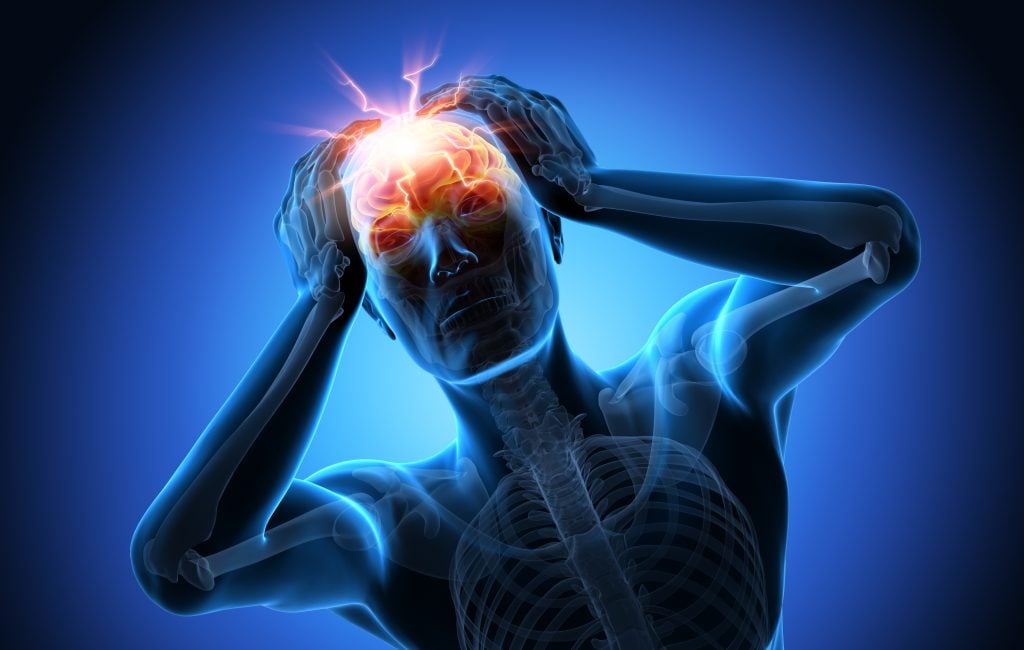What is addiction and why does it happen? At first glance that could seem like a simple question, but in reality, a lot of people struggle to find an answer that makes sense. It can be difficult to get at the root of the problem, especially for people who are already in the middle of an addiction or who are observing one play out in a loved one’s life.
Some mistakenly get the idea that addiction is a sign of a person’s bad character or some moral failing. That’s not true, although individual choices and responsibility do come into play. Others believe that addiction is an inherited condition that can’t be changed. That’s also mistaken. People who think this might have heard that addiction is a brain disease. Now we’re getting closer to the facts!
Recognizing that addiction is a brain disease is just the first step. Understanding why it’s a disease helps us to get a clear picture of how addiction works and what we can do about it. Let’s look at three essential keys to this understanding.
Addiction Is a Brain Disease Because It Has Signs
Can you spot them?
- Diseases are recognizable. True, they’re not always diagnosed as soon as they appear, but virtually all diseases will eventually begin to show signs in the person affected by the disease. Signs of a disease are changes that are observable by others. Here are a few common signs that someone has an addiction:
- Changes in behavior and lifestyle.One classic definition of addiction is continuing to use drugs or alcohol despite negative consequences. This often results from increased tolerance and therefore using drugs more frequently, causing the person to neglect other responsibilities in their life. Look out for signs such as an increase in problems in maintaining family relationships, in meeting job responsibilities or holding a job, or in sticking to other obligations or activities. Other related signs include financial troubles, legal troubles, and recurring health crises.
- Changes in personality. As we’ll see next, addiction actually changes the brain in crucial ways that can affect mood, temperament, and ways of thinking. It’s common for someone to think an addicted family member is unrecognizable from their former self. Some common changes in personality could involve an increase in moodiness or depression, alienation from former friends and family, impulsivity, and a temperament marked by guilt or shame.
Addiction Is Brain Disease Because It Changes the Brain
Everyone has a reward system. Addiction causes it to break.
We’ve looked at some outward signs of addiction, but what’s going on inside the body? Understanding a disease means understanding what part of the body the disease is affecting and what exactly it’s doing there.
Addiction is a brain disease. It has a big impact on physical processes taking place in the brain. These processes are kind of like messages that help determine how we feel and what we think about. The paths these messages travel are grouped into a system called the reward system. It has this name because it’s the part of the brain that creates a feeling of reward for doing things important for our survival. Food, sex, and socializing with friends or family are some of the most important activities that stimulate the reward system.
But here’s the catch: other things can stimulate the reward system too. Drugs and alcohol can not only stimulate the reward system, they can over-stimulate it! The response is so powerful that using addictive substances can use up all the chemicals the brain needs for this purpose. That’s what leads to higher tolerance: the brain scales back its supply of the messenger chemicals, so more drugs are needed to produce the same response.
The other catch: when the reward system is overstimulated by drugs or alcohol, it runs out of messenger chemicals (dopamine, for the science nerds), and it can’t create a feeling of reward for doing other healthy activities. That means the person addicted to drugs can’t find pleasure in activities they used to enjoy.
Addiction Is a Brain Disease Because It Has Known Outcomes
Prevent the worst ones by seeking recovery.
Here’s another identifying feature of diseases: they have predictable outcomes based on whether they are treated and the kind of treatment given. Some diseases can get worse if not treated, and some diseases require long-term management. Diabetes is one example. Addiction is another. Addiction is a chronic, progressive, and relapsing disease. Let’s break this definition down.
Addiction is a progressive disease because its severity increases over time, especially if it goes untreated for a long time. There are different ways that the severity of addiction can become apparent. Emotional lows and depression can become very severe, and the person might feel trapped in their addiction. Physical health problems related to the drug of abuse often develop as well. Because of that factor, and the progressive nature of relapse, addiction can lead to early mortality.
Addiction is a relapsing disease because relapse is a common experience, even in people who have had treatment for addiction. But a relapse is not a sign of failure. When a relapse happens, it means that the person in recovery needs to rethink their plan: is more or another kind of treatment needed? Is there another aspect of life impeding recovery?
Due to relapse, people in recovery might have to periodically adapt their lifestyle or management of the disease. That’s what we mean by saying addiction is a chronic disease. It requires long-term management. The intensity of that management depends on an individual’s experience and history of addiction. It could involve a lot of management, but it could involve minimal management, too, in the long run.
Getting the Facts Down
No one said addiction was a simple concept, but we’ve gone through the basic steps of understanding why addiction is a disease. What are the takeaways?
- Look out for the signs of addiction. Have you noticed these signs in someone you know, or in yourself? That indicates there may be a problem with addiction, and the best step to take is to pursue professional assessment and treatment for addiction.
- In the brain, addiction is a disease of the reward system. It makes the addicted person feel an intense need to use drugs or alcohol, and it severely limits the ability to find pleasure in other healthy activities. Fortunately, this is not a permanent condition.
- If left untreated, addiction can have severe psychological, interpersonal, and physical health outcomes—even early mortality. But it doesn’t have to. With professional treatment and long-term personal management of the disease, a person in recovery can have a normal life.
Getting the facts about addiction is really important for those struggling with drug use or watching their loved ones struggle. It clears up confusion, points the way toward recovery, and, above all, shows us that there is always hope for living a better life.



